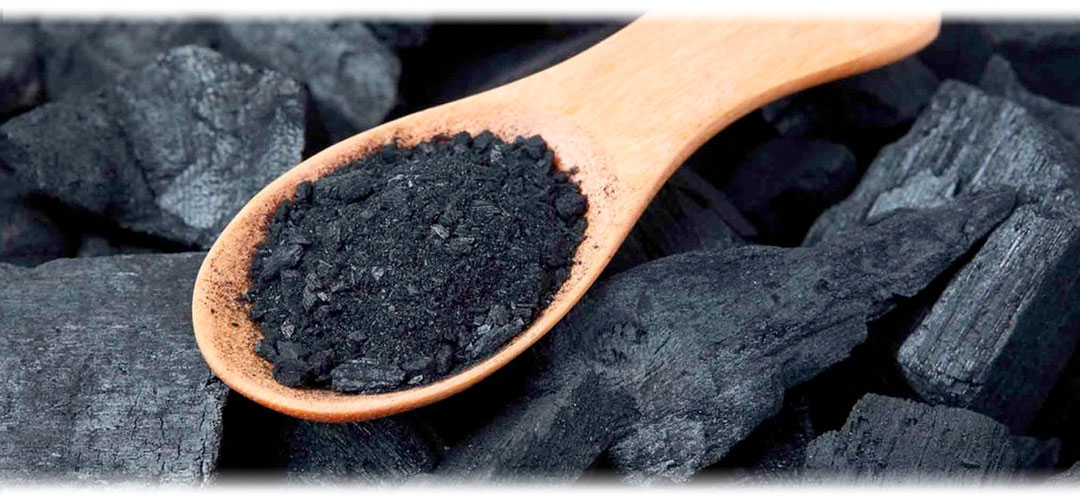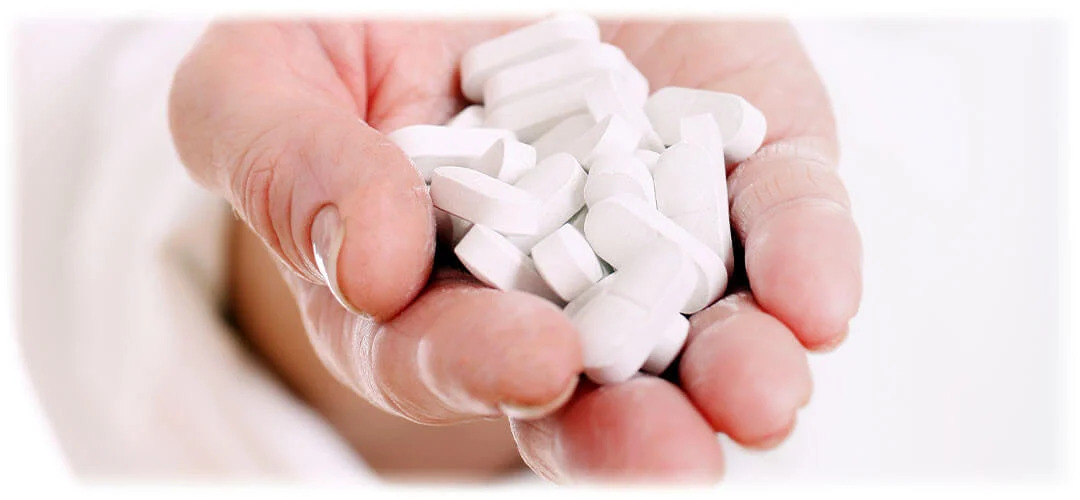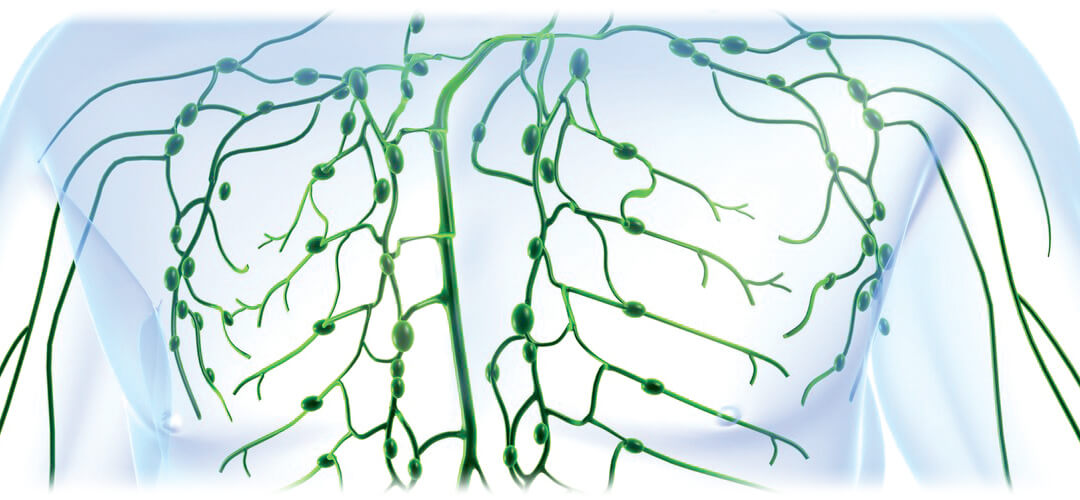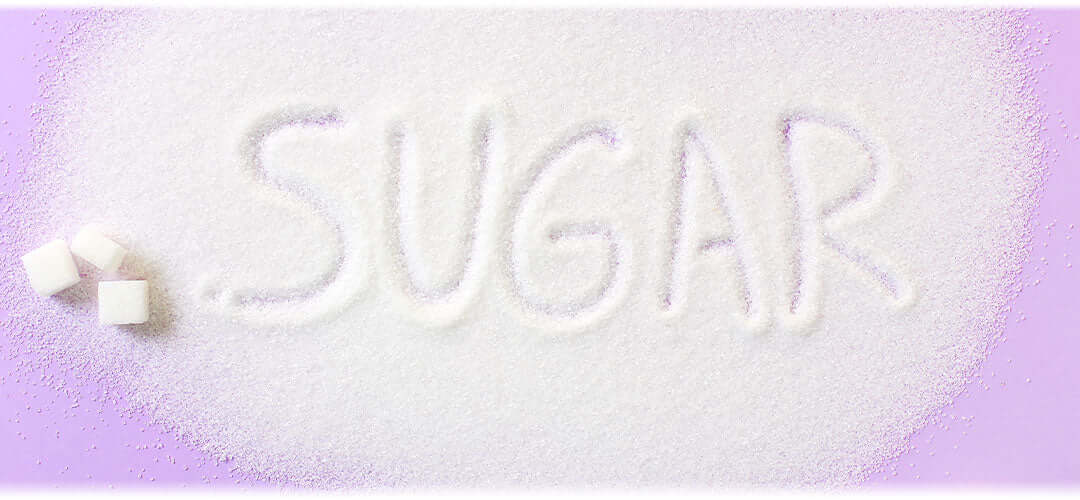Activated charcoal is a powerful natural remedy that can be used to treat – and ease the symptoms of – a wide range of health conditions.
It is created by superheating natural sources of carbon, such as coconut husks or wood, to produce a fine, black, odourless powder that stops toxins from being absorbed in the stomach.
Because the body cannot absorb charcoal, the toxins that bind to it are passed through the digestive system as waste. While activated charcoal is often used by medical professionals to treat poisoning and drug overdoses, it has many uses in the home.
For example, it can be used to ease stomach bloating and gas, remove impurities from the teeth and skin, and as part of a home detox routine. It is also said to help prevent hangovers, reduce body odour and even lower cholesterol.
So, if you are interested in finding out more about the potential health benefits of activated charcoal, read our handy guide…
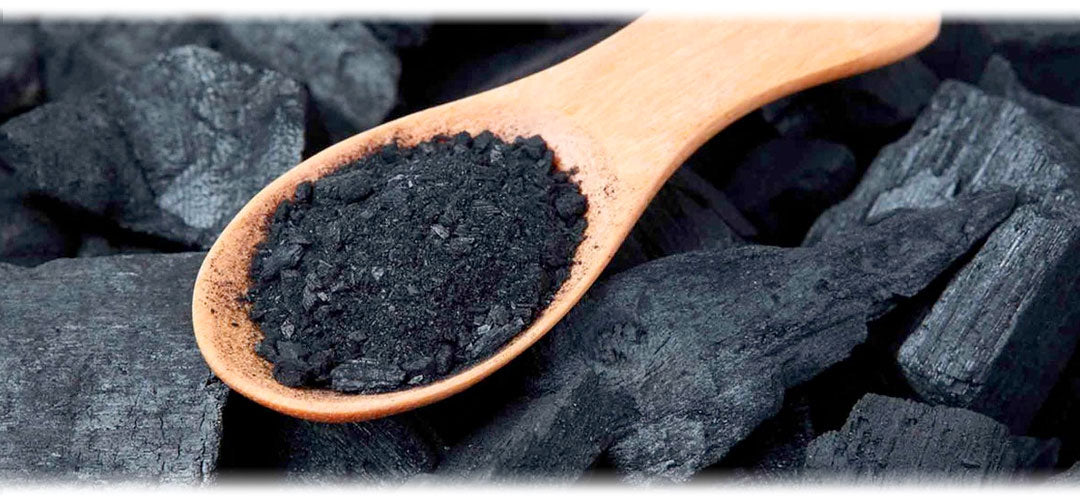
WHAT IS ACTIVATED CHARCOAL?
Activated charcoal is a fine black powder made from charred and crushed coconut husks. It becomes ‘activated’ when processed at very high temperatures, which negatively charge its particles and change its internal structure to make it more porous than regular charcoal.
Because activated charcoal is negatively charged, it attracts positively charged molecules in the gut, such as toxins and gases, and binds them together to prevent them from being absorbed. These are instead passed out naturally through your digestive system before they can do any harm.
Because of its porous properties, it is especially effective at cleaning spots, blackheads and acne. And it can help reduce blood alcohol levels by preventing alcohol from passing into the bloodstream from the stomach.
It is also great for treating heartburn induced by spicy food. For instance, it binds effectively with capsaicin, the chemical compound that gives chillies, ginger and onions their heat, before it gets the chance to burn the delicate nerves in your cell walls.
Although activated charcoal is safe to use in most cases, it can cause some mild side effects, including nausea, vomiting, constipation and black stools. If these persist, you should stop using activated charcoal regularly until they clear up.
WHAT IS ACTIVATED CHARCOAL USED FOR?
Activated charcoal is used to treat a wide variety of health conditions and ailments. Some of the most common include:
Gas reduction
Studies have found that taking activated charcoal after a gas-producing meal can ease bloating and reduce gas (both burping and flatulence). It can also help improve the smell of the gas you emit.
Water filtration
Activated charcoal has been proven to help filter heavy metals and fluoride from water. However, it can’t remove bacteria or viruses.
Teeth whitening
Toothpaste containing activated charcoal is widely available and can help keep your teeth clean by absorbing plaque and other compounds which can stain your gnashers.
Preventing hangovers
As we said earlier, when consumed with alcohol, activated charcoal can help prevent its absorption into the bloodstream, easing the symptoms of a hangover.
Skin treatment
Rubbing activated charcoal on stings and insect bites, and spots or blackheads, can help remove toxins and speed up the healing process.

OTHER USES FOR ACTIVATED CHARCOAL
Aside from the more common uses for activated charcoal, here are some of its more unusual uses and benefits:
Kidney health
Activated charcoal is thought to support good kidney function by filtering out undigested toxins and drugs from the bloodstream. Some research has found that activated charcoal can help improve kidney function and decrease inflammation in the digestive tract in people who suffer from chronic kidney disease.
Sickness and diarrhoea
Activated charcoal is thought to effectively prevent bacteria that cause tummy upsets, including sickness and diarrhoea, from entering the bloodstream. Instead, they are trapped in the porous, textured surface of activated charcoal and passed through the gut before they can do any damage.
Fish odour syndrome
Trimethylaminuria (TMAU), or Fish Odour Syndrome, is a genetic condition that sees excess trimethylamine, a compound that smells like rotting fish, accumulating in the body. This is then secreted through sweat and breath, giving off a fishy smell. Activated charcoal helps neutralise the unpleasant smell by binding excess TMA molecules together before they can be absorbed and passing them naturally through the urinary system.
Cholesterol
Activated charcoal can help reduce cholesterol levels by binding cholesterol molecules in the gut and preventing the body from absorbing them. Again, they are passed out naturally before they have the chance to enter and accumulate in the circulatory system.
Oral health
While teeth whitening is a major benefit of taking activated charcoal, it can also keep your mouth clean and promote better oral health. Again, users benefit from the effect activated charcoal has in binding toxins and plaque hidden between the teeth and on the surface of your gums.

Check out these links to our product and collection pages to find out more:
Disclaimer:
Information and other content provided in Lily & Loaf blogs should not be construed as medical advice and should not be considered a substitute for professional medical expertise. If you have any medical concerns, you should consult with your health care provider.
